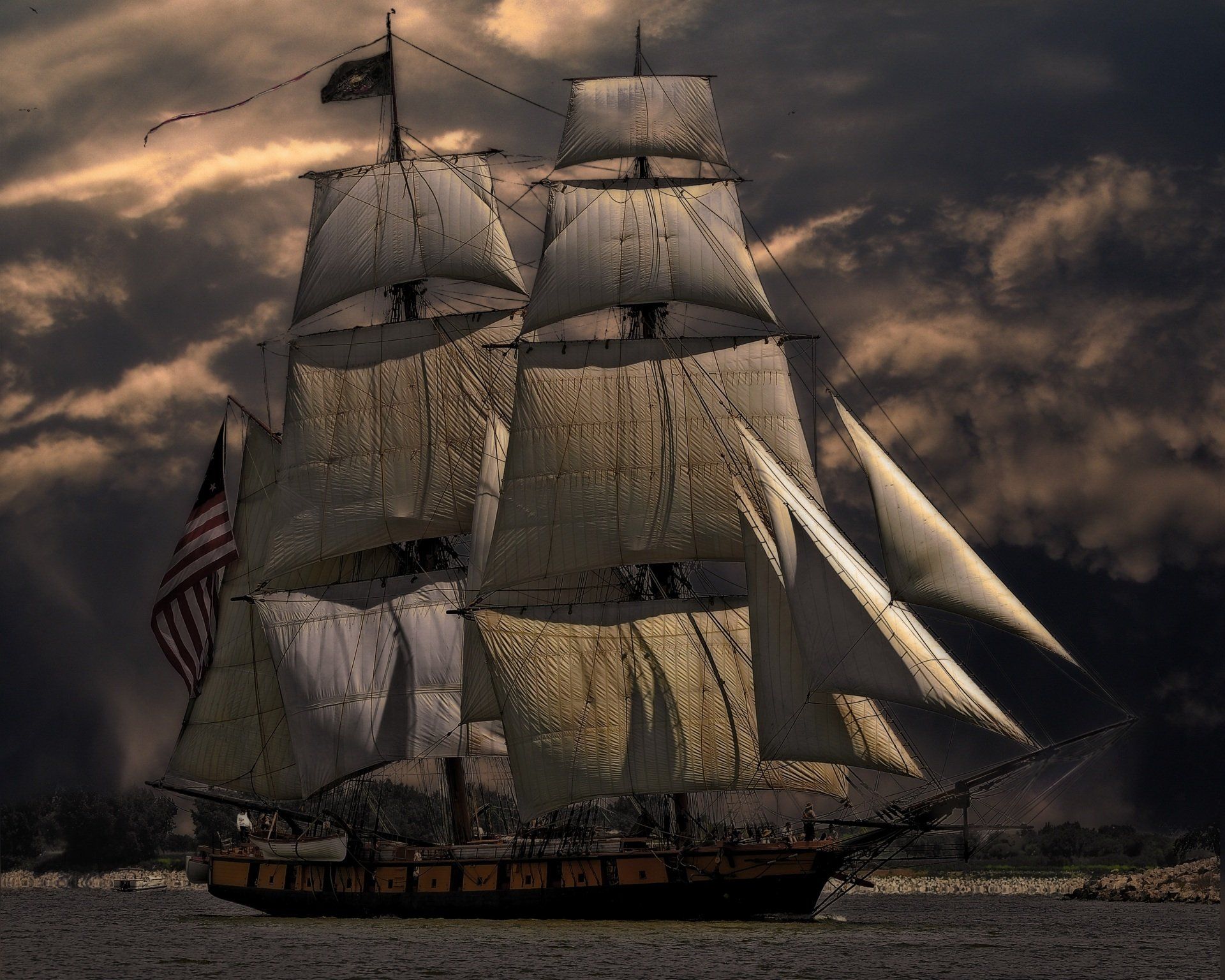Records and Documents
Just some of the records we use to trace your family tree.
Certificates
Birth, marriage and death certificates were all introduced in 1837, however it didn't become mandatory till 1875. There is a very high possibility that your ancestors were included in these records.
We can order for you at cost from the GRO (General Records Office)
Marriage Certificates provide essential information between two families. It gives us the brides maiden name enabling us to research back along the maternal line. It gives us the parents names, occupations, addresses.
They also gives names of the witnesses, which in some cases can be very informative.
Military Records
Near enough every family has a connection to the First World War. Would you like to discover more about yours? We have access to the most comprehensive First World War resources available, including millions of Army, Navy and Air Force records. These records are usually very detailed and can reveal information on your ancestors.
Second World War records are still inaccessible due to privacy laws.
Census 1841 - 1921
Census records are one of the most important resources for British family history. They help us see how our families changed over time and reveal information about our ancestors that you won’t find anywhere else.
They have been taken every 10 years since 1801 with only one exception, in 1941 the Census didn’t happen due to the Second World War.
Not only that a fire in 1942 destroyed the 1931 Census for England and Wales. A way to get round that unfortunate record gap is by using the 1939 Register as a census substitute for people wanting to trace their family history.
Passenger Lists - Emigration
Ships manifests were kept by shipmasters, crew lists, flight manifests, and passenger arrival lists. The many lists document the arrival of millions of immigrants from Europe, Asia, and South America into America. Transcripts can tell you your ancestor's birth year, place of birth, place of arrival, the year of arrival and of course the ship's name. You might find out who your ancestor was travelling with, your ancestor's occupation, and their last permanent residence, the lists also recorded the names of those who died during the voyage. On crew lists, you may discover your ancestor's position on the ship, if they were able to read or write, their length of service, as well as a physical description.
Probate and Wills
Did your ancestor leave a will? It wasn't just rich people who made wills, ordinary families did too. Wills can give us a wealth of information which can lead to many surprises and fresh leads of enquiry. Information regarding their wealth, if they left their estate to anyone, and their last address. You will be surprised at what you may find
1939 Register
The 1939 Register is one of the most important twentieth-century genealogical resources for England and Wales. The 1931 census was destroyed by fire and no census was taken in 1941 because of the war. The 1939 register is the only national census type resource available for this period.
Each record contains a transcript and an image of the original entry in the 1939 Register. This can tell you a lot about how your ancestors lived. You can find out if your ancestors had servants or staff, who their neighbours were, how many children they had and what they all did for a living.
Newspaper Articles
You will be surprised what comes up in the newspaper. In the research of my own tree, the newspaper articles have been such an important wealth of information. We have access to 44 million fully-searchable pages from over a thousand regional, national and speciality titles dating from 2009 all the way back to 1699.
Schools Admissions and Registers
There are a small number of school registers which have been made available online.
These tell us the name of the school, the date the child registered there, the name of the parent, and where they lived.








